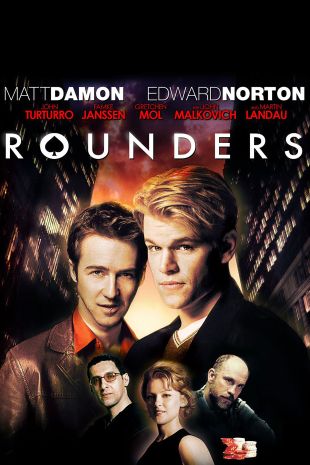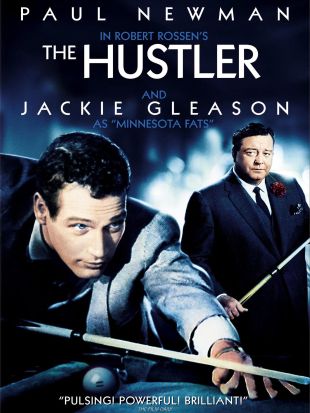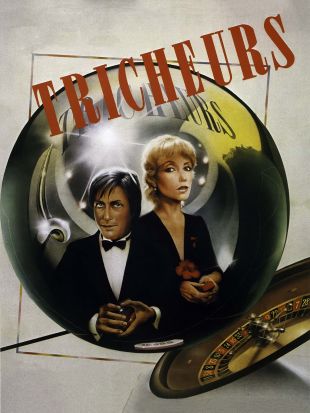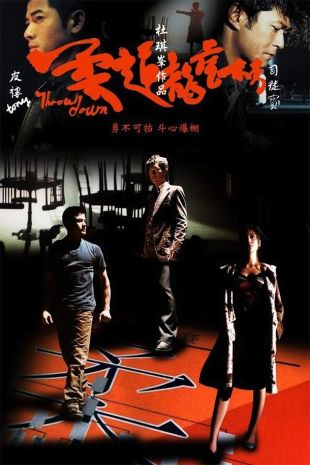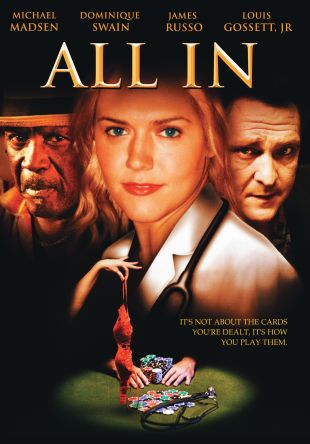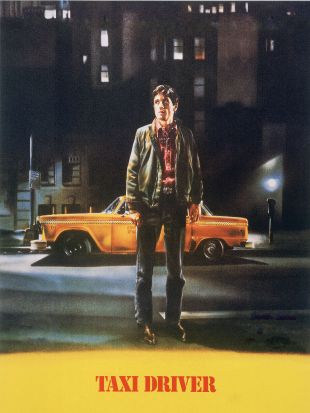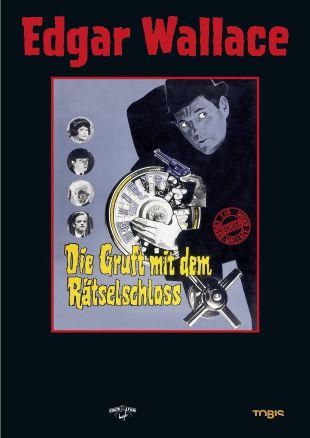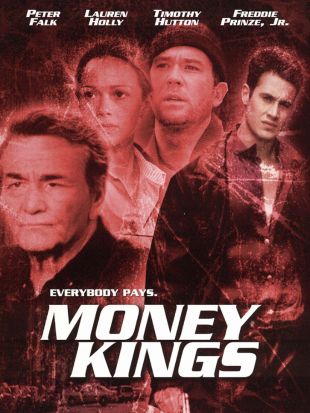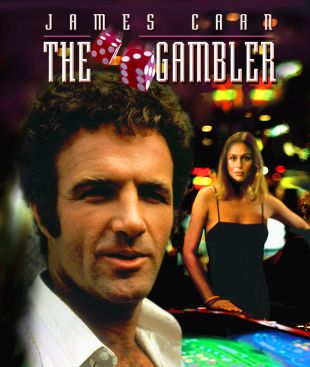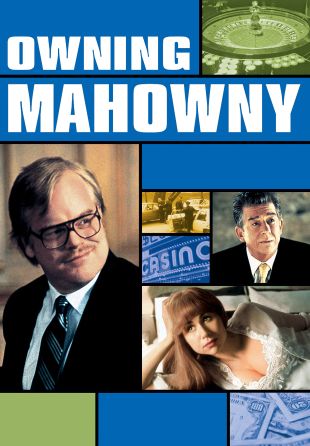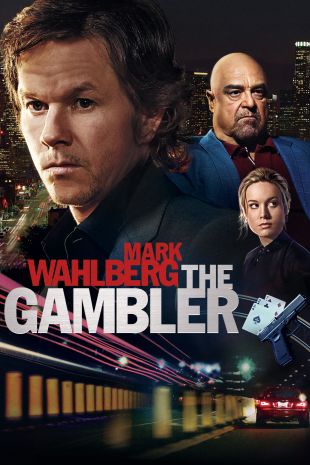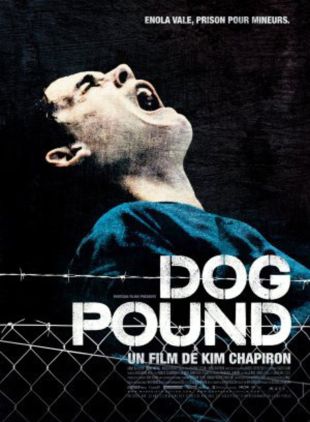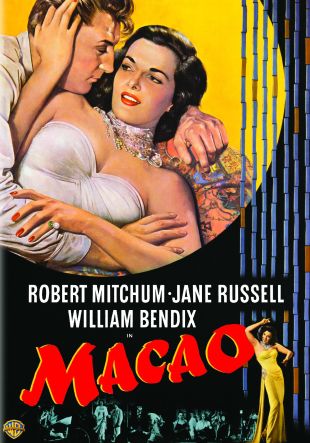
Macao (1952)
Directed by Josef von Sternberg / Mel Ferrer / Nicholas Ray / Robert Stevenson
Genres - Drama, Romance, Crime |
Sub-Genres - Psychological Drama |
Release Date - Apr 30, 1952 (USA - Unknown) |
Run Time - 80 min. |
Countries - United States |
MPAA Rating - NR
Share on
Synopsis by Bruce Eder
The tendency is to scoff at Macao as just another example of Josef von Sternberg's late-career exercises in exoticism; true, it has its problems, including a weak plot and a slightly hasty pace, but it is still an extraordinary film for its time and its personnel. The real sparkplug for the movie is Jane Russell as out-of-work singer Julie Benson, who inadvertently gets the plot rolling when she ends up in a cabin with a lout who won't take no for an answer. Her plight, and a flying shoe, brings in laconic, slightly mysterious traveler Nick Cochran (Robert Mitchum), who seems to have something to hide and manages to get his wallet (including passport) lifted by the opportunistic Julie. Crossing paths with them is Lawrence Trumble (William Bendix), a good-natured lunkhead salesman coming to Macao for the gambling. And gambling, among other less legal activities, is what local hood Halloran (Brad Dexter) is all about. He's just hot enough in international crime circles to attract the authorities, who can't touch him in Macao; he's already had one New York detective killed and expects another to arrive, and he's keeping an eye on any suspicious, unfamiliar Westerners arriving, which leads him to Julie, Cochran, and Trumble. Halloran has other, obvious plans for Julie, especially when obliging corrupt police chief Thomas Gomez points her to a singing job at his club, much to the distress of his one-time girlfriend (Gloria Grahame); he dismisses Trumble as a lovable clown. But Nick has cop written all over him and is hiding something. All of the pieces fit together neatly in the end, and everyone is keeping at least one secret that will surprise viewers.
What makes Macao truly special are the performances, beginning with Jane Russell, who, with the possible exception of Gentlemen Prefer Blondes, was never better. Her ample physical assets are on display as usual, but she also never gave a sharper, more naturalistic or purely sensual acting performance. Russell had clearly found her talent and her center with this film. Whether she's shooting a suspicious glance at larcenous police chief Thomas Gomez, singing a sultry torch song in a seductive white strapless outfit, or striding forward in an exquisite dolly-out shot, she commands every scene in which she appears. And it's not just her imposing physique that does it, but a boldness of nuance; Russell had learned a lot since The Outlaw. Brad Dexter, the odd man out in The Magnificent Seven, makes an excellent villain, like a more pathological version of Steve Cochran. Meanwhile, Robert Mitchum, in his portrayal of a neurotic, perhaps shell-shocked veteran, shows a vulnerable side that seldom came out so convincingly or touchingly in his RKO movies; and even William Bendix found a new wrinkle to his screen persona as the seemingly larcenous commercial traveler. The audience will be beguiled and surprised throughout this movie -- an underrated noir classic -- and not just by the stories that unravel. The last line and wrap shot create an amazingly lusty, censor-challenging denouement for an early '50s film.
Characteristics
Moods
Themes
Keywords
criminal, killer, singer, wallet, gambling
